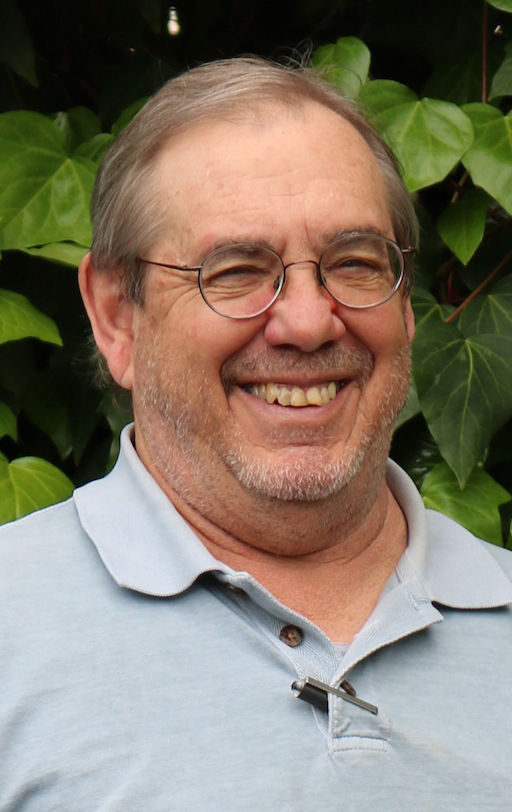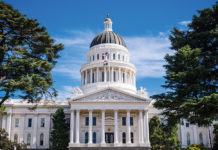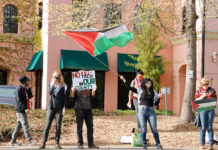We rarely quote our president, Donald Trump, but here goes: “I’m proud to be a citizen, you’re proud to be a citizen. The only people that are not proud to be citizens are the ones who are fighting us all the way about the word ‘citizen.’”
He was commenting on the controversy over whether to add a citizenship status question to the 2020 U.S. Census. We think there is a much broader question here over the word and concept of “citizenship.”
Are you a citizen of the United States? If you were born here to parents who also were born here, that’s an easy question. Babies born on U.S. soil, no matter where their parents were born can become U.S. citizens, too. That’s been true since the 14th Amendment was added to the U.S. Constitution in 1868. Anyone can apply for legal immigration status, get a Green Card for U.S. residency and employment and take the USCIS Naturalization Test. Political refugees and others can apply for asylum.
Naturalized citizens must take an oath to support and defend the U.S. Constitution, swear off allegiance to any foreign powers and be ready to bear arms or complete work of national importance if called upon. Those are all versions of citizenship.
As we now are seeing, it is an arduous, legally complicated, sometimes violent, expensive, tortuously slow and unpredictable process to become a naturalized U.S. citizen. It’s no wonder so many people risk living in the dark and insecure shadows of being undocumented and called an “illegal alien.”
Immigration and citizenship are very relevant topics for all of us in Sonoma County — and not just because we are on high alert for another ICE (Immigration and Customs Enforcement) sweep among our local Latino population. We are home to 6,000 Latino youth and students who have registered in the Deferred Action for Childhood Arrivals (DACA) “Dreamers” program. They were brought here as babies by parents without legal immigration papers. Another 38,000 Latinos and non-U.S. born people are here as undocumented immigrants, according to Undocufund, a nonprofit working on wildfire relief. Among others in our local workforce, there are about 1,600 Mexican men and women with H-2A annual agriculture work permits, living in housing provided by local farmers and wineries.
We don’t think any of these people want to fight about what the word “citizen” means; they’d be happy just to come out of the shadows and earn their documentation. But, well beyond Sonoma County, we are seeing a United States being bitterly divided by anti-immigrant hate and a tinderbox climate of fear, nativism and inhumane policies by our own government.
Frankly, these times rival our World War II days when the U.S. government interred 120,000 Japanese-Americans in relocation camps, including hundreds of Sonoma County families, mostly apple farmers and local business owners. Of this total, more than 60% were natural or documented U.S. citizens. It’s little known that in California during the Great Depression over 1 million non-U.S. citizens were deported to their native Mexico so they couldn’t compete for American jobs. They were not allowed to file for U.S. citizenship status.
Whether born in the USA or arriving here from another continent, like our forebears who wrote our U.S. Constitution, being a citizen involves both guaranteed rights and required responsibilities. A citizen seeks to be active in public life, demonstrating civic virtues in everyday life and solving community problems. “Citizen” is from a Greek word meaning “to participate in public affairs.” True citizenship of someone that defends equal rights, due process, obeys all laws and pays taxes does not require a documentation or paperwork. True citizenship transcends geographic boundaries or borders.
Thomas Paine, one of America’s original revolutionists and citizens, said, “The world is my country, all mankind are my brethren and to do good is my religion.” Such a global citizen view seems far out of our reach these days.
— Rollie Atkinson








